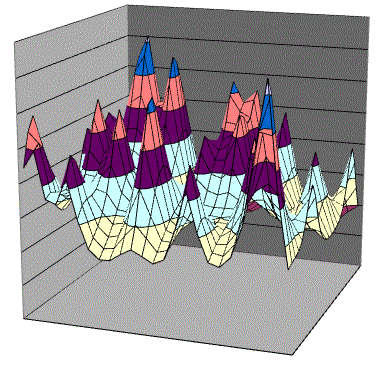Guest Lecture
November 18th (Wednesday), 5 pm Eastern Time (4 pm Central Time)
(please adjust for your time zone)
"Decision making in COVID-19: It's Personal,"
by Michael N. Liebman, PhD
Abstract: COVID-19 models have focused on forecasting the number of infections and death. The results vary greatly over both the course of the pandemic and among modeling groups. Even when forecasts are accurate, the models provide limited insights into the disease's diffusion, peoples' risks, and the impact of behavior and potential actional planning for the individual patient. Physicians' decisions when treating the disease exemplify the complexities that decision-makers face. Physicians must consider multiple presentations of COVID-19 infection, including new mutations, comorbidities (other diseases), and attributes (weight, smoker or not, lifestyle, etc.). Symptoms are multi-faceted and evolve along barely known trajectories that may differ significantly among patient populations. A physician begins by seeing only one point from this trajectory of a patient's journey, and all subsequent data continue to be "corrupted" by treatment decisions. This situation exemplifies may real-world decisions. By studying policies and the bases for managing COVID-19 patients, we can learn about decision making in complex systems. I have been involved in the frontlines of treatment and policy-making for COVID-19. In this presentation, I will describe some of my experiences and the lessons learned about modeling and the systems we have constructed to deal with real-world complexity.
